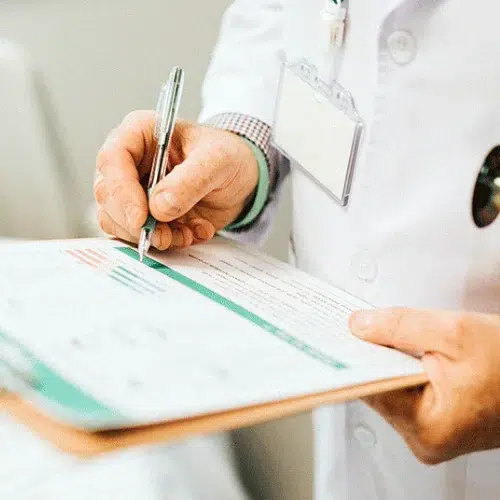Introduction
In today’s fast-paced healthcare industry, Clinical Laboratory services play a crucial role in diagnosing, monitoring, and preventing diseases. These services provide accurate and timely test results that help doctors make informed decisions about patient care. Whether it’s blood tests, pathology exams, or microbiology screenings, laboratories are at the heart of medical advancements.
What Is a Clinical Laboratory?
A Clinical Laboratory encompasses a broad range of diagnostic tests and analyses performed on bodily fluids, tissues, and other samples. These tests are essential for:
Diagnosing diseases and infections
Monitoring chronic conditions
Screening for potential health risks
Supporting medical research and treatment development
Laboratories operate under strict regulations and use advanced technology to ensure precise results.
Types of Clinical Laboratory Tests
1. Hematology Tests
These tests analyze blood components, including:
Complete Blood Count (CBC)
Platelet count
Blood clotting tests
2. Biochemistry Tests
Biochemistry tests evaluate organ function and metabolic health. Key tests include:
Liver function tests (LFTs)
Kidney function tests
Glucose and lipid profiles
3. Microbiology Tests
These tests detect infections caused by bacteria, viruses, fungi, and parasites. They include:
Blood culture tests
Urine culture tests
Throat swabs for strep throat
4. Pathology Tests
Pathology involves examining tissue samples to diagnose conditions such as cancer. Examples include:
Biopsies
Pap smears
Histopathology
5. Immunology and Serology Tests
These tests assess immune responses and detect conditions like:
HIV and other viral infections
Autoimmune disorders
Allergy testing
6. Molecular Diagnostics
This cutting-edge field involves genetic testing, including:
DNA sequencing
PCR (Polymerase Chain Reaction) testing
Cancer gene detection
How Clinical Laboratories Enhance Healthcare
1. Early Disease Detection
Laboratory tests help identify diseases at an early stage, allowing for timely treatment and better outcomes.
2. Accurate Diagnoses
Precision testing ensures that medical professionals can correctly diagnose health conditions and tailor treatments accordingly.
3. Monitoring Treatment Progress
Regular lab tests help track how well a treatment plan is working, making adjustments if necessary.
4. Preventive Healthcare
Routine screenings can detect health risks before symptoms develop, improving overall well-being.
Key Benefits of Choosing a Reliable Clinical Laboratory
1. High Accuracy and Reliability
Reputable labs use advanced equipment and stringent protocols to ensure accurate results.
2. Fast Turnaround Time
Speedy results enable doctors to make timely treatment decisions.
3. Compliance with Safety Standards
Certified laboratories adhere to strict regulatory guidelines for quality and safety.
4. Accessibility and Convenience
Many labs offer home sample collection and online result access for convenience.
How Er of Dallas Ensures Quality Clinical Laboratory Services
Er of Dallas provides top-tier Clinical Laboratory services, ensuring accurate diagnostics and fast results. Our advanced technology, skilled professionals, and commitment to quality make us a trusted choice for medical testing.
Frequently Asked Questions (FAQs)
1. How long do lab test results take?
Most routine tests are completed within 24-48 hours, but specialized tests may take longer.
2. Are laboratory test results always accurate?
Accurate results depend on factors like sample quality and lab procedures. Reliable labs follow strict protocols to ensure precision.
3. Do I need a doctor’s prescription for lab tests?
Some tests require a prescription, while others can be done without one. Check with your provider.
4. Can I access my test results online?
Many modern labs provide online access to test results for convenience.
5. What should I do if my test results are abnormal?
Consult your doctor immediately to discuss further testing or treatment options.
 :
https://erofdallastx.com
:
https://erofdallastx.com












